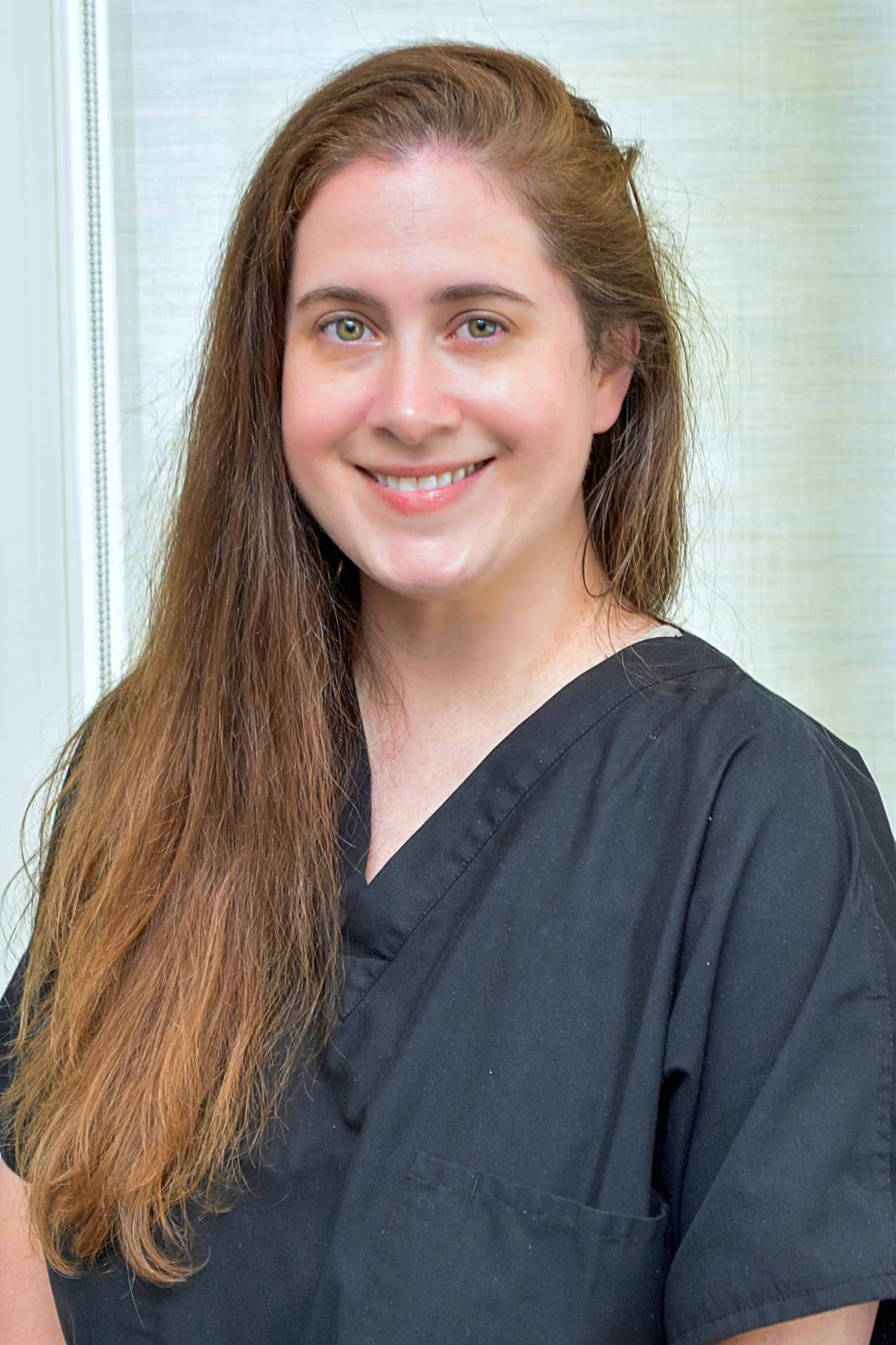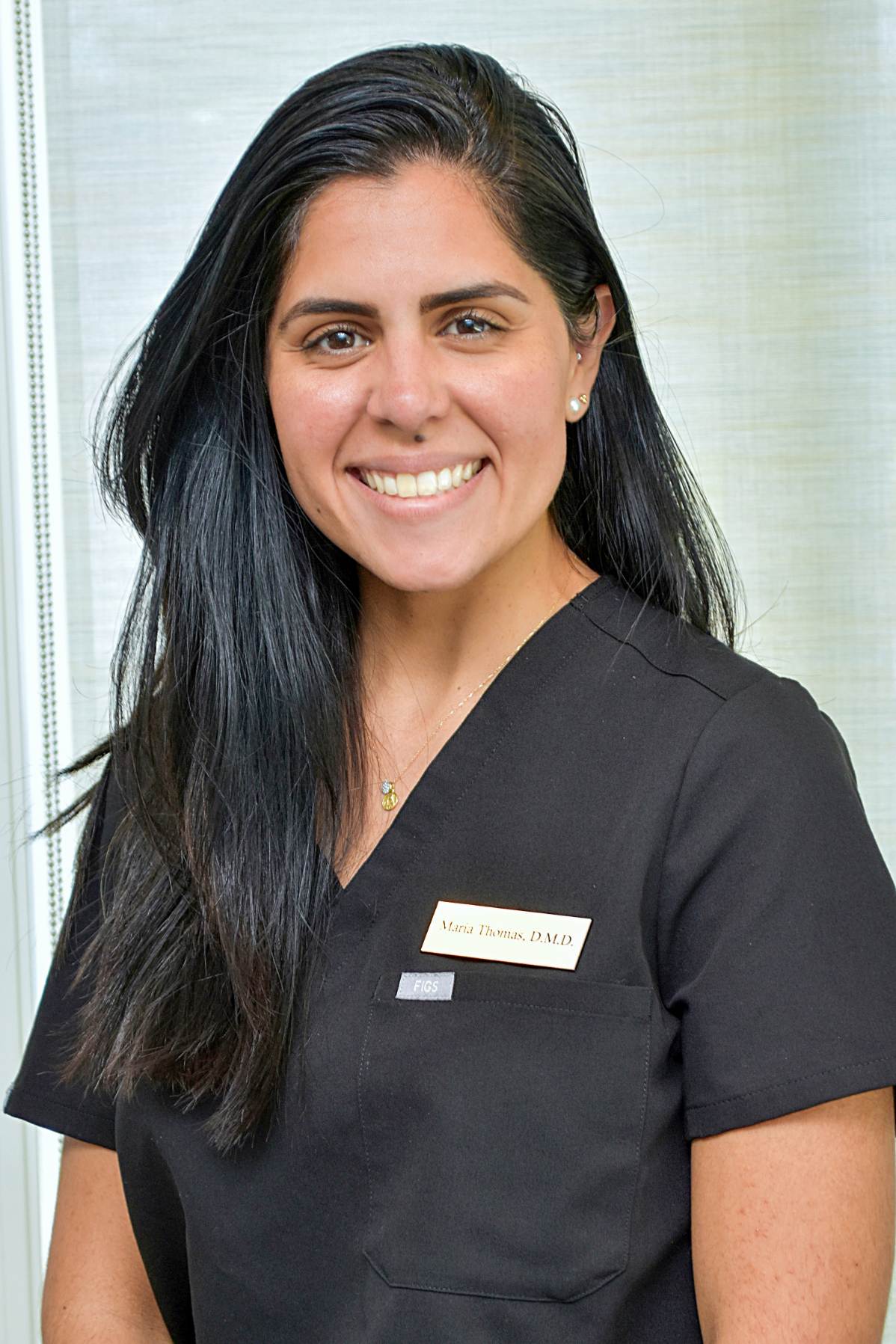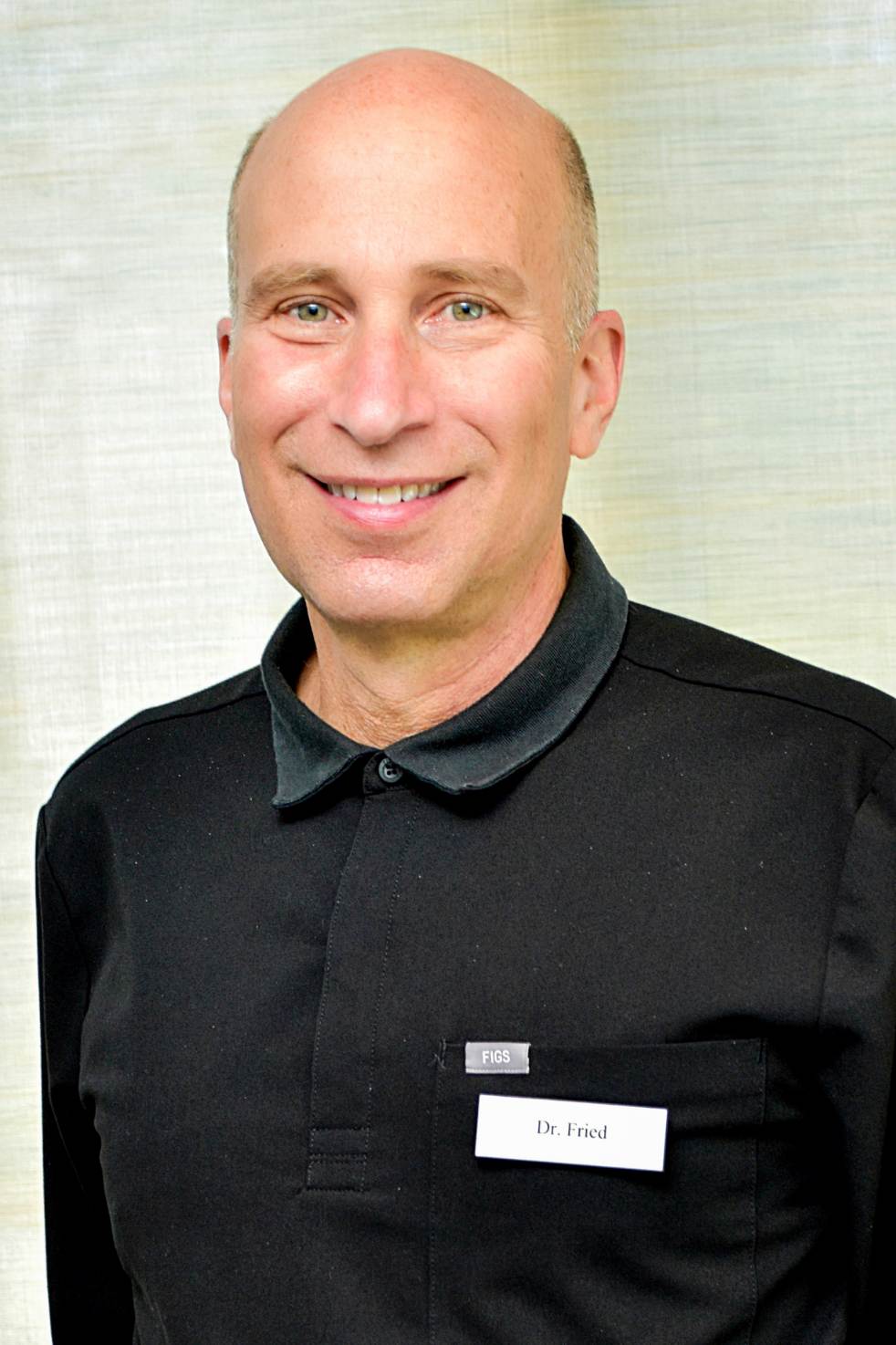Sleep apnea is a common sleep disorder that affects millions of people worldwide. It is characterized by breathing interruptions during sleep, which can last for a few seconds to minutes. These pauses in breathing can occur multiple times throughout the night and cause oxygen levels in the body to drop, leading to disrupted sleep patterns.
There are two main types of sleep apnea - obstructive sleep apnea (OSA) and central sleep apnea (CSA). OSA occurs when there's an obstruction in the airway, while CSA is caused by a failure of the brain to send signals to muscles responsible for controlling breathing.
The primary symptom of sleep apnea is loud snoring followed by sudden awakenings gasping, or choking feeling. Other symptoms may include daytime fatigue, morning headaches, difficulty concentrating, or memory problems.
Diagnosing this condition involves undergoing a polysomnography test that monitors your heart rate, blood oxygen level, eye movements as well as brain activity during several hours of overnight observation.
Types of Sleep Apnea
There are three main types of sleep apnea: obstructive sleep apnea (OSA), central sleep apnea (CSA), and mixed sleep apnea.
- Obstructive sleep apnea is the most common type, occurring when the throat muscles relax during sleep and block the airway. This leads to pauses in breathing that can last for several seconds or even minutes, causing disruptions in normal sleeping patterns.
- Central sleep apnea occurs when the brain doesn't send proper signals to control breathing during sleep. Unlike OSA, there is no physical obstruction of the airway; instead, it's a problem with how your body communicates with your lungs.
- Mixed sleep apnea combines features of both OSA and CSA. It occurs when someone has both an obstructed airway as well as problems with their brain signaling respiratory effort during periods of disordered breathing.
It's essential to determine which type of sleep apnea you have so that appropriate treatment can be provided. A doctor may use tests like polysomnography or portable monitoring devices to detect if you have any form of these disorders.
What Causes Sleep Apnea?
Although the exact cause of it remains unknown, there are several factors that can contribute to its development. One of the most significant risk factors for sleep apnea is obesity. Obesity causes an increase in fatty tissues around the neck and throat area, which can obstruct airflow during sleep and lead to episodes of breathing cessation.
Another factor that can cause sleep apnea is age. As we age, our muscle tone decreases, including those muscles responsible for keeping our airways open during sleep.
Other medical conditions, such as hypertension, diabetes, and heart disease, have also been linked to the development of sleep apnea. In addition, lifestyle habits like smoking and alcohol consumption can exacerbate symptoms by causing inflammation in the respiratory tract.
Genetics may also play a role in developing this condition as some individuals may inherit physical traits like narrow airways or larger tongues that make them more susceptible to developing this condition.
Symptoms of Sleep Apnea
Sleep apnea is a sleep disorder that can be identified by various symptoms. One of the most common symptoms of sleep apnea is loud snoring, which usually occurs during the night. Other symptoms include waking up with a dry or sore throat and experiencing headaches in the morning.
Individuals suffering from sleep apnea may also have trouble staying asleep at night and feel extremely tired during the day. They may experience difficulty concentrating on their work or daily activities due to fatigue caused by a lack of quality sleep.
Another symptom of this condition is gasping for air during sleep, which can be frightening for both sufferers and their partners. In some cases, individuals with obstructive sleep apnea may also wake up choking or coughing due to blocked airways.
Furthermore, those who suffer from central sleep apnea often report feeling shortness of breath while they are awake - even when conducting simple tasks like walking up stairs.
Treatment for Sleep Apnea
For moderate to severe cases of sleep apnea, continuous positive airway pressure (CPAP) therapy is often recommended. This involves wearing a mask over the nose or mouth while sleeping that delivers a steady stream of air pressure to keep the airway open.
Oral appliances may also be used to treat sleep apnea by repositioning the jaw or tongue to prevent blockages in the throat during sleep. Surgery may be an option for some individuals with structural abnormalities causing their sleep apnea.
It's important for individuals with suspected or diagnosed sleep apnea to work closely with their healthcare provider to find a treatment plan that works best for them. Consistent use of prescribed therapies can greatly improve quality of life and reduce long-term health risks associated with untreated obstructive sleep apnea.
Don't let airway problems interfere with your daily routine any longer! Take charge of your health today by seeking help if needed - it could make all the difference in the world. To learn more, call us at 508-872-9339 or visit us at 61 Edgell Rd, Framingham, MA 01701. We can help you with any further queries.














